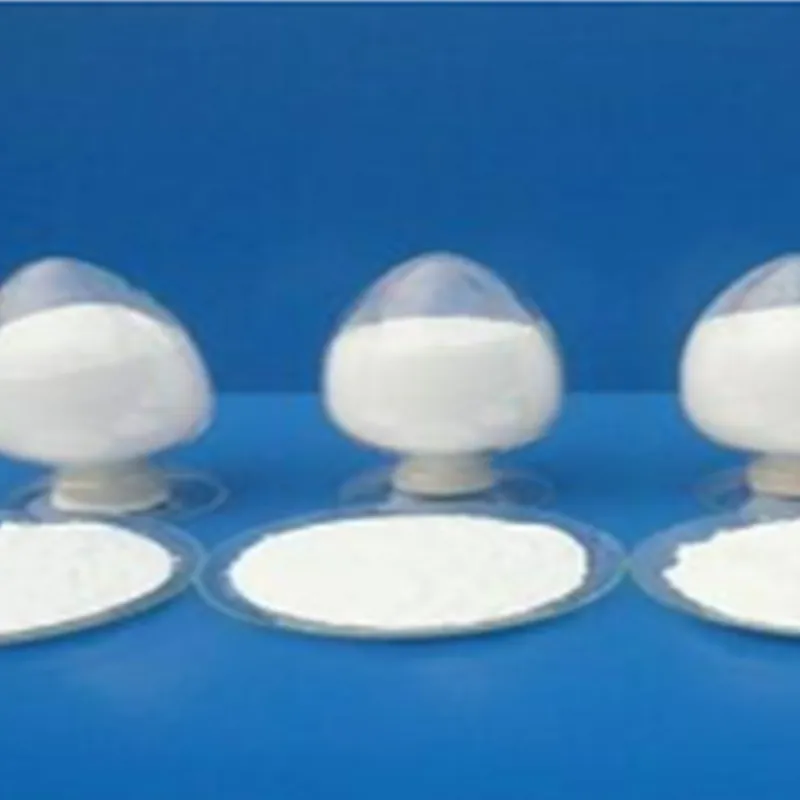
Exploring the Role and Benefits of Acidity Regulator E331 in Food Products
Understanding Acidity Regulator E331 An Essential Food Additive
Acidity regulators are widely used in the food industry to maintain and control the acidity levels of various products, ensuring flavor stability, enhanced shelf life, and safety. One notable acidity regulator is E331, also known as sodium citrates. This compound is derived from citric acid and is recognized for its versatile functionalities. In this article, we will explore the properties, applications, and safety aspects of E331.
What is E331?
E331 refers to a group of sodium salts of citric acid, including monosodium citrate (E331(i)), disodium citrate (E331(ii)), and trisodium citrate (E331(iii)). These compounds are typically produced by neutralizing citric acid with sodium hydroxide or sodium carbonate. E331 appears as a white, crystalline powder that is soluble in water, making it an effective ingredient in various food formulations.
Functions of E331
E331 serves multiple purposes in food products
1. pH Regulation E331 helps maintain a stable pH in food and drink, which is crucial for flavor and preservation. Many food products, such as soft drinks and dressings, utilize E331 to achieve the desired acidity level.
2. Flavor Enhancement By controlling acidity, E331 can enhance the overall taste of a product. It balances flavors, ensuring that acidic and sweet notes do not overpower each other.
3. Preservation E331 plays a role in prolonging the shelf life of foods by preventing microbial growth. Its ability to maintain an acidic environment deters the growth of spoilage organisms.
4. Emulsification In some applications, E331 acts as an emulsifier, helping to blend water and oil-based ingredients effectively. This is particularly useful in products like salad dressings and sauces.
acidity regulator 331

5. Fermentation Aid E331 can also be used in fermented products, such as cheese and yogurt, where it aids in controlling the fermentation process and ensuring consistent outcomes.
Applications in the Food Industry
E331 is commonly found in a wide range of food products. Some notable applications include
- Beverages Soft drinks, sports drinks, and fruit beverages often contain E331 to provide a refreshing taste and enhance acidity. - Confectionery Candies and chewing gums use E331 to manage sweetness and provide a tart flavor. - Dairy Products E331 is used in processed cheese and dairy alternatives to maintain the desired texture and flavor profile. - Sauces & Dressings Many sauces, marinades, and salad dressings incorporate E331 for flavor balance and preservation benefits.
Safety and Regulatory Status
E331 is considered safe for consumption by food safety authorities, including the European Food Safety Authority (EFSA) and the U.S. Food and Drug Administration (FDA). It is classified as Generally Recognized As Safe (GRAS) when used within established limits. Furthermore, its consumption is common in the food supply, and studies indicate that it poses no significant health risks when used appropriately.
However, it is essential for consumers to be aware of the potential for sodium content, particularly for those who are on low-sodium diets. Moderation is key, as excessive intake of sodium can lead to health issues.
Conclusion
Acidity regulator E331 is a valuable food additive that helps maintain food quality, flavor, and safety. Its multifunctional properties make it an essential ingredient in various products across the food industry. With ongoing research and regulation, E331 continues to play a crucial role in ensuring that consumers enjoy safe and delicious food experiences. Understanding its significance can help individuals make informed choices about the foods they consume.
-
Pure Sodium Dichloroisocyanurate Dihydrate | Powerful DisinfectantNewsAug.29,2025
-
Industrial Chemicals: Quality & Purity for Every IndustryNewsAug.28,2025
-
Nitrile Rubber Honoring Strict Production StandardsNewsAug.22,2025
-
Aspartame Ingredients Honoring Food Safety ValuesNewsAug.22,2025
-
Fertilizer for Balanced Plant NutritionNewsAug.22,2025
-
Cyanide Gold Processing with High Purity AdditivesNewsAug.22,2025
-
Formic Acid in Textile Dyeing ApplicationsNewsAug.22,2025
Hebei Tenger Chemical Technology Co., Ltd. focuses on the chemical industry and is committed to the export service of chemical raw materials.
-

view more DiethanolisopropanolamineIn the ever-growing field of chemical solutions, diethanolisopropanolamine (DEIPA) stands out as a versatile and important compound. Due to its unique chemical structure and properties, DEIPA is of interest to various industries including construction, personal care, and agriculture. -

view more TriisopropanolamineTriisopropanolamine (TIPA) alkanol amine substance, is a kind of alcohol amine compound with amino and alcohol hydroxyl, and because of its molecules contains both amino and hydroxyl. -

view more Tetramethyl Thiuram DisulfideTetramethyl thiuram disulfide, also known as TMTD, is a white to light-yellow powder with a distinct sulfur-like odor. It is soluble in organic solvents such as benzene, acetone, and ethyl acetate, making it highly versatile for use in different formulations. TMTD is known for its excellent vulcanization acceleration properties, which makes it a key ingredient in the production of rubber products. Additionally, it acts as an effective fungicide and bactericide, making it valuable in agricultural applications. Its high purity and stability ensure consistent performance, making it a preferred choice for manufacturers across various industries.





